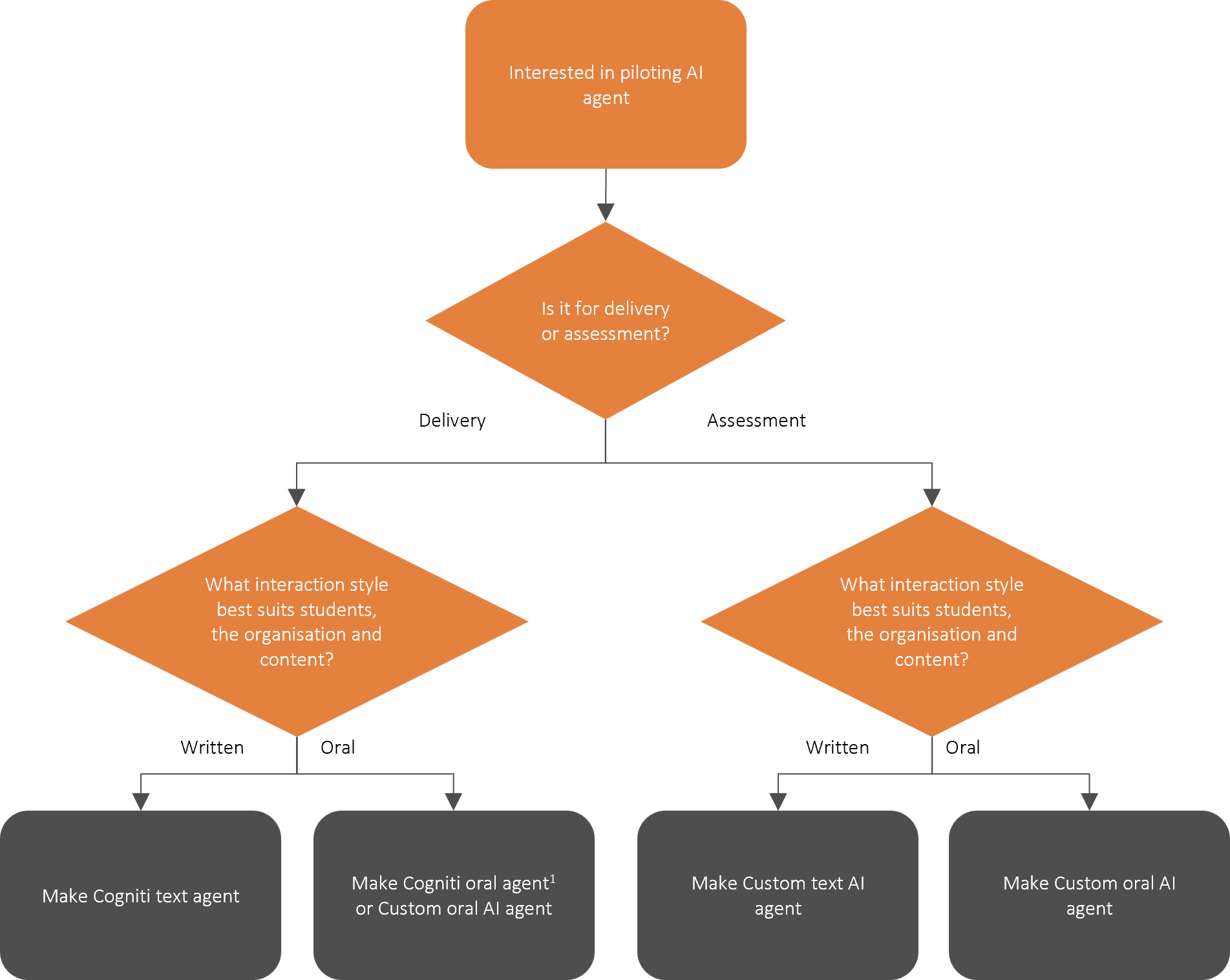Superpower: Romance languages
Fixations: Sunday drives
Phoebe works predominantly in social and market research, as well as monitoring and evaluation. Her projects often involve large-scale surveying and interviewing, and more recently, Artificial Intelligence in education.
She began her journey to research and evaluation in Brazil in 2020, supporting projects on social services, gender violence and education, for NGOS, governments and intergovernmental agencies. Prior to this, she worked as an English language teacher for adults.
Outside of work, Phoebe loves history, languages, animals and the outdoors. Together with her partner, she offers support services for Latin American migrants in New Zealand.
Phoebe has a Conjoint Bachelor of Arts and Commerce in Marketing (Market Research), International Business and Spanish.

 Phoebe Gill
Phoebe Gill
